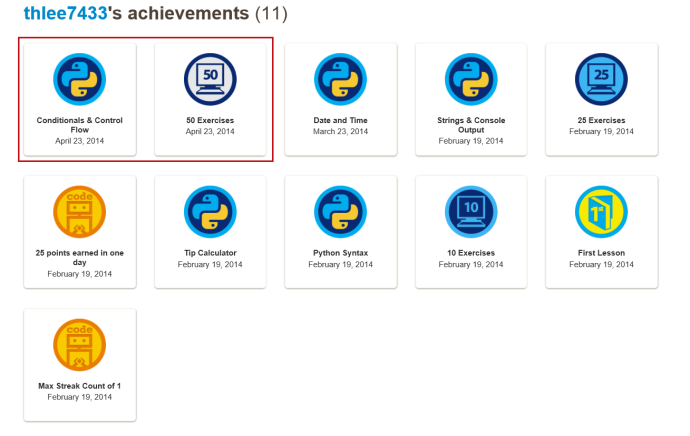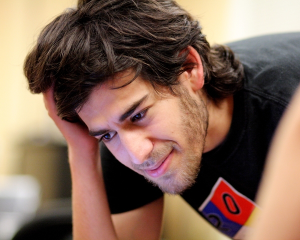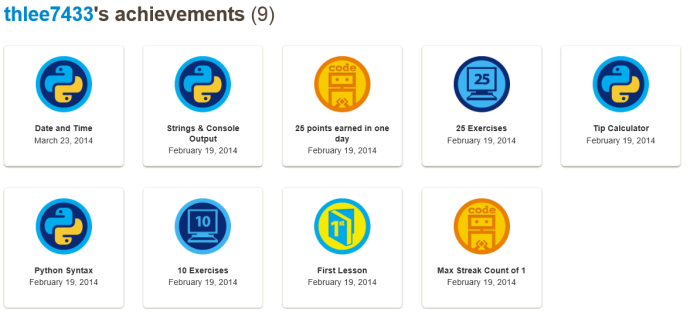Individuals or organizations shouldn’t be responsible for reporting any digital security failures on an assumption that the business of an individual or an organization is affected financially. If it wasn’t for the money and them losing their customers, organizations and individuals wouldn’t feel a need for digital private information leakage of their customers. But without such assumptions, they will report digital private information leakage, otherwise they will either be sued or lose customers. In my opinion, I believe such action taken is the norm for all situations regarding digital private information leakage.
Apart from the clear cutting and square world of financial and law perspective, I believe that as a paying customer, I have the right to know if my private information has been accessed. Being a customer simply does not mean purchasing; the transaction takes place because the customer has credit for the person or an organization to an extent. So by making purchase, you’re saying you believe the merchant. And because the customer has provided their faith, they should have the right to know if their private information has been accessed in return.
Anyhow, the untold private information accessing by organization happens all the time (Dorsey, 2011). With this in mind, a rational behavior of customers would be cutting down on online shopping; however, my action will be different. My behavior simply wouldn’t change. I make on and off-line purchases from large organizations mostly, but it is inevitable to not make purchases through them, so I just have to ‘suck it up’ and try to be positive and appreciative about the benefits of comfort efficiency it gives. My behavior and though would not change but on one condition. If I am reported that my private information is being used by someone and that I am prone to future damages such as financial, and defamation, I will have to cut severely down on online shopping (Dorsey, 2009).
Works Cited
Dorsey, Michael. “Leakage of Private Information from Popular Websites is Common, New Study Finds.” . Worcester Polytechnic Institute, 2 June 2011. Web. 17 Apr. 2014. <https://www.wpi.edu/news/20101/leakagestudy.html>.
Dorsey, Michael. “Online Social Networks Leak Personal Information to Third-Party Tracking Sites.” . Worcester Polytechnic Institute, 24 Aug. 2009. Web. 17 Apr. 2014. <http://www.wpi.edu/news/20090/privacy.html>.



